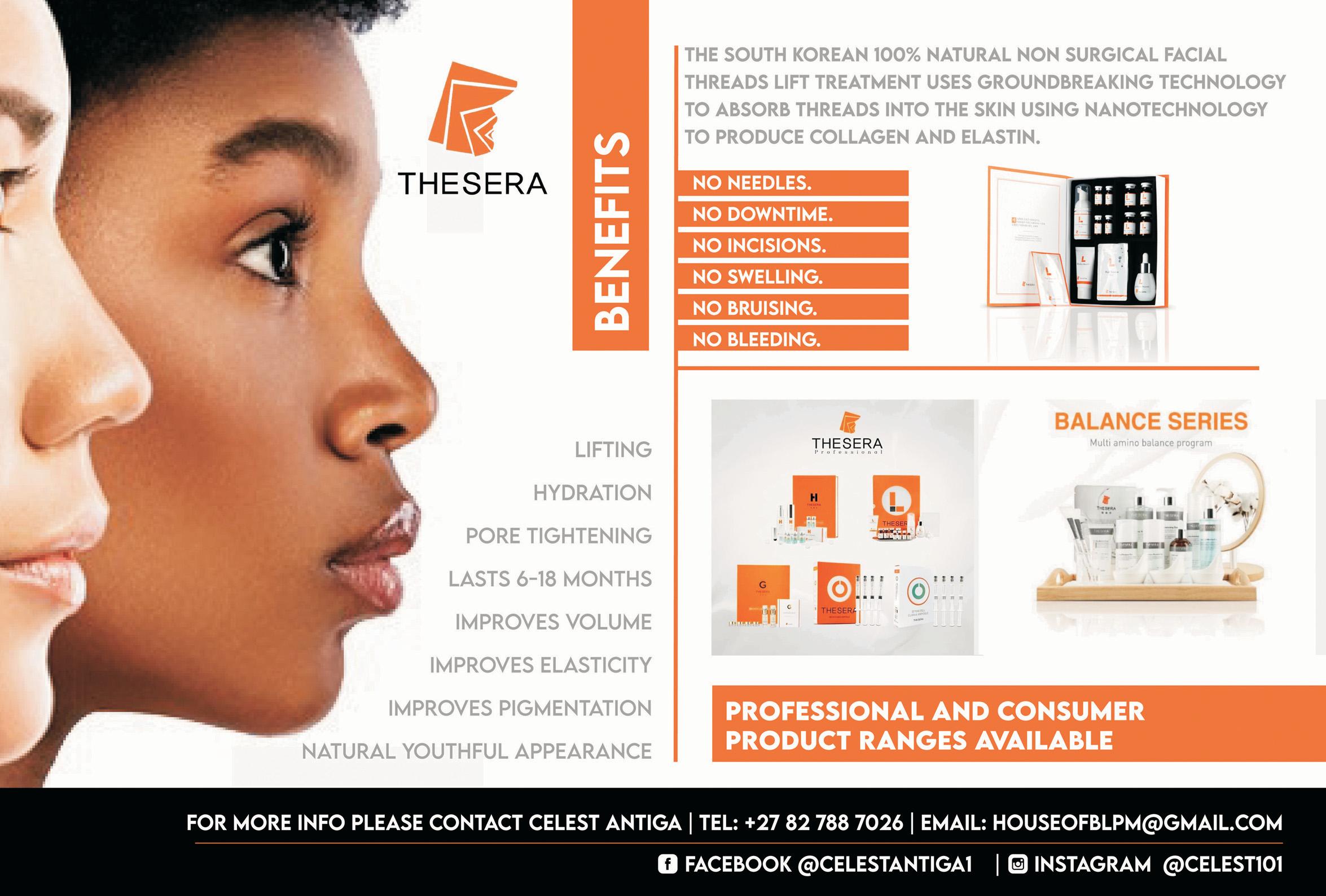
5 minute read
7 Reasons Patience is an Important Virtue for All Entrepreneurs
7 Reasons Patience is an Important Virtue for All Entrepreneurs By John Boitnott
There are many reasons to work on your patience as an entrepreneur that will offer a positive return on investment. Here are some helpful tips for developing this virtue.
Advertisement
Patience is a quality that tops the list of healthy, positive virtues alongside honesty, kindness, and empathy. These virtues are generally considered to be hallmarks of a good, moral person, but they're considered virtues for another reason, too: People usually struggle to embody them on a daily basis. The virtue of patience can be one of the most challenging to practice consistently, primarily because the stress of daily life and work gives us so many opportunities to experience frustration. We've all become accustomed to instant gratification. However, to help ourselves and our relationships, it's vital to recognize the importance of patience in life.
1. Patience helps you avoid making hasty decisions. When you want something to happen now, you're focused on what it feels like to get what you want, and may overlook questions about whether it is the right time or place for that development or event to occur. I've seen founders who rushed a business launch just to “get out there.” Instead, take the time to conduct adequate research, study the market and the competition, and define the target audience you want to reach. Doing so will help you make better decisions about you launch.
2. Improve your reputation and brand image How you market yourself as an entrepreneur is just

as important as how you create a brand image and reputation for your startup. As an entrepreneur, you are your business. Being viewed as a patient person, rather than an impulsive, aggressive, and impatient one, can directly impact whether a prospect chooses to do business with your brand.
I know successful early-stage seed investors who say they often invest in founders, not even so much the business model they're selling. Many VCs say they invest in people they simply like to be around. A steady sense of calm may make you one of those people. Patience and calm can help bring about an unshakable confidence in your mission, instead of a palpable air of desperation. Investors and customers may see that. Your target audience needs to feel confident in your brand before they choose to work with you, so build that credibility by focusing on patience and positivity.
3. Drive you to work harder (and smarter) If you have an entrepreneurial mindset, you already work hard and know that you must wear many hats. However, when you focus on patience, you develop comfort with the reality that building something of value takes time.
Your desire to achieve success doesn't have to be clouded by impatience. Instead, you can use that desire and acceptance together as motivation to fuel your efforts. When you get tired or frustrated, you can reflect on how your previous sustained efforts got you to this point. That, in turn, can drive you to work even harder. You can take dynamic action, yet do it mindfully. 4. Deepen your resilience. Resilience is a critical trait for entrepreneurs, small business owners, teachers, students, and just about everyone else. With patience and resilience, you remain focused on your goal despite any unexpected adversity. You know your goal is still possible and worth continuing toward, so you don't get bogged down by the clouded judgment that frustration can bring. In short, patience helps you stay effective for the long haul.
5. Amplify your appreciation. Truman Capote said that “failure is the condiment that gives success its flavor.” It takes a lot of patience to get through difficulties and failures. But as an entrepreneur, you can reach success and enjoy that sensation over and over again. Your sense of gratitude is heightened when it finally comes time to launch, or when sales climb, because you know how much you did to create that success. Stay grateful.
6. Select the best opportunities. Your patience prevents you from simply jumping in with both feet. Instead, you will be able to hear that little voice telling you to take the time to evaluate your options and consider both the risks and the benefits. If anyone pushes you to make an immediate decision, your patience will send up a red flag and tell you it's not the right opportunity at the right time.
7. Create a comfortable company culture. As a startup founder, you're not just building a company. You are also creating an environment that will ultimately become your company culture. To attract and retain the best talent, your work environment must make them feel happy to come to work. In the long run, putting in the effort to practice patience will lighten up the company culture so your team members will stick with you. That means less time looking for new employees and training them. You'll also save money and become a magnet for other top talent as you grow your business.
8. Be patient with others. Practicing patience builds on the existing benefits of entrepreneurship. If you are still considering how to become an entrepreneur, consider whether you need to work on being more patient. Taking that deep breath, focusing on how to slow down, and thinking about what you can or should do before acting can help you make better decisions. In turn, those better decisions will improve your business and help you achieve your desired results.
By incorporating patience as a key ingredient of the virtues that make up your entrepreneurial spirit, you will be likelier to develop solid long-term relationships. This includes those you network with at entrepreneurship forums and industry events, the employees you hire and need to retain, investors, prospects, customers, and even media contacts.
About: John Boitnott is a journalist and digital consultant who has worked at TV, newspaper, radio and Internet companies for 25 years. He writes about startups, marketing, leadership and more at Entrepreneur, the MotleyFool, Readwrite.com and his blog. He's also written for Inc, Venturebeat, Business Insider, USA Today and NBC, among others. This article appeared on Motley Fool's The Blueprint.











